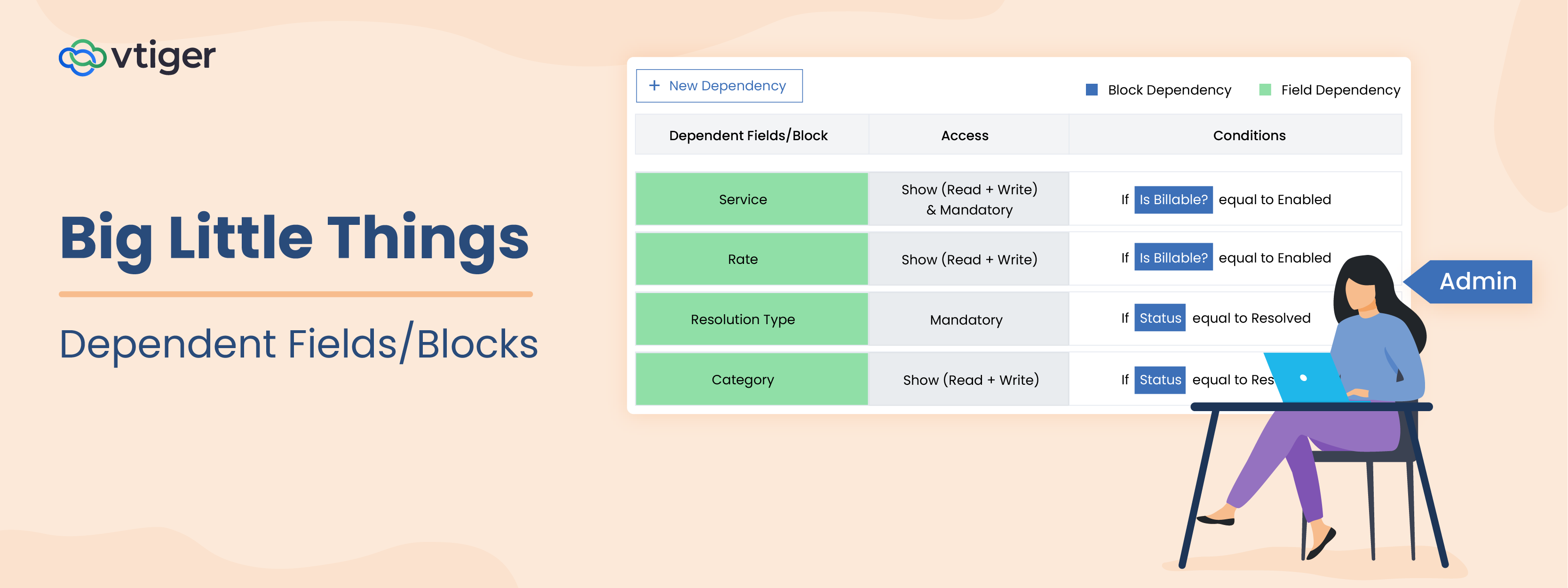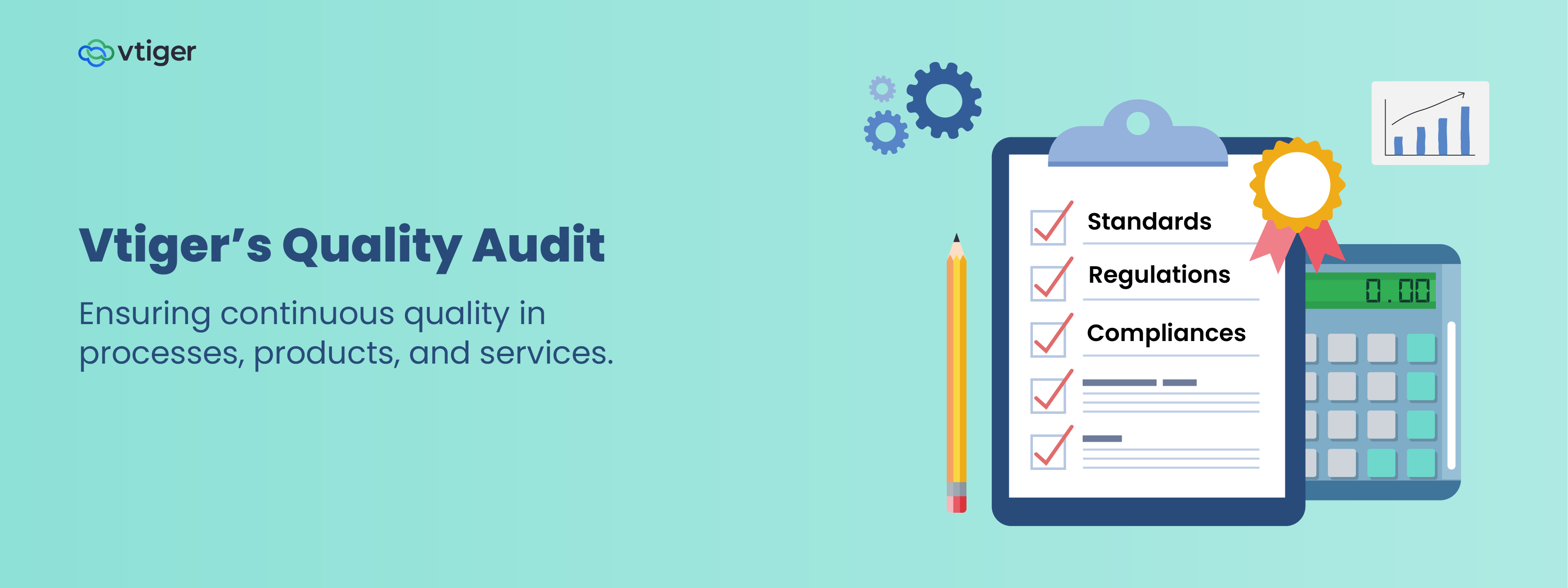Are you an individual trying to understand your role in a project? Or perhaps you have been assigned as a project lead out of the blue, and a big promotion is on the line.
We understand that managing projects can seem intimidating. But once you master the fundamentals and bring an element of intuition into the mix, nobody can stop you from leading successful projects in all circumstances.
This blog gives you a brief overview of project management and the key details involved so you can make smart decisions.
Let us dive into the basics.
What is a Project
Generally, a project is a sequence of tasks to accomplish a particular goal. All projects have boundaries, such as the time, people, and resources needed to complete the project. All these factors depend on what results you want to achieve and when you want to achieve them.
What is Project Management
Project Management is the process of applying methods and skills to accomplish goals under predefined conditions and within a given timeframe. It involves managing both technical and human resources to meet the project goal.
Importance of Project Management
Efficient project management makes sure that the project is a success. A project manager plays a significant role in this as they must simultaneously manage four essential elements of a project. All these elements are interrelated.
- Scope – This involves the project’s size, goals, and requirements.
- Resources – You’ll need people, equipment, and materials in place.
- Time – This involves calculating task durations, other dependencies, and critical paths, determining how long the project will take.
- Money – Have a firm grip on costs, contingencies, and profit.
Without proper project management, the team will be moving without directions, control or purpose. This, in turn, might result in reduced productivity and high risks.
Steps in Project Management
Typically, project management is a simple five-step process as listed below:
- Initiation – Determining why a project is needed
- Planning – Laying out all aspects of the project
- Execution – Launching the project
- Monitoring – Observing and analyzing progress
- Closing – Completing and reviewing the project
Let us learn more about them.
Initiation
Projects are planned assignments where you define and identify the goals that need to be met within parameters such as start dates, end dates, budgets, resources, etc.
In this phase, you define the project’s scope, goals, structure, use cases, constraints, stakeholders, risks, and so on.
Planning
Planning a project involves defining all the aspects of the project in terms of resources, risks, and limitations.
In this phase, you create a plan to manage tasks, milestones, deadlines, and resources required to finish the project on time. To accomplish the plan, you need to develop a roadmap to get you from point A to point B.
Execution
Once you have planned and defined the milestones, you are ready to launch the project and get the work done! A project kicks off with the implementation of the project plan.
Monitoring
It is essential to keep an eye on a project’s progress. Monitoring helps you manage resources, review the team’s performance, add or modify targets, and re-plan the project if necessary.
You’ll need to put up procedures for tracking progress. It ensures a project runs smoothly. Work to control and fix difficulties before they become problems that stall or deviate from a set project plan.
Closing
Once you have reached all the milestones and completed all your tasks successfully, it is time to review the other project stages.
A project does not end with just generating deliverables. You will have papers to clear, resources to reallocate and wrap up other loose ends. It is also essential to archive all project-related documentation for future references and reward your team members’ diligence.
Finally, you can conduct an evaluation post-completion to analyze what has been done and what could have been done better.
To learn more about Project Management, click here.
Task Management in Brief
Because a project is divided into tasks – smaller, more manageable parts — good project management needs excellent task management. Tasks are short-term activities with a set time limit or deadline.
Timelogs is a valuable tool that helps you keep track of the time spent on your tasks and recognize which task takes up most of your time. It will help you distribute your time and reach your deadlines smoothly.
The good news is, Vtiger CRM is an excellent platform for project management. It has all the necessary tools that would help to make your project a success.
Check out our free trial today!



